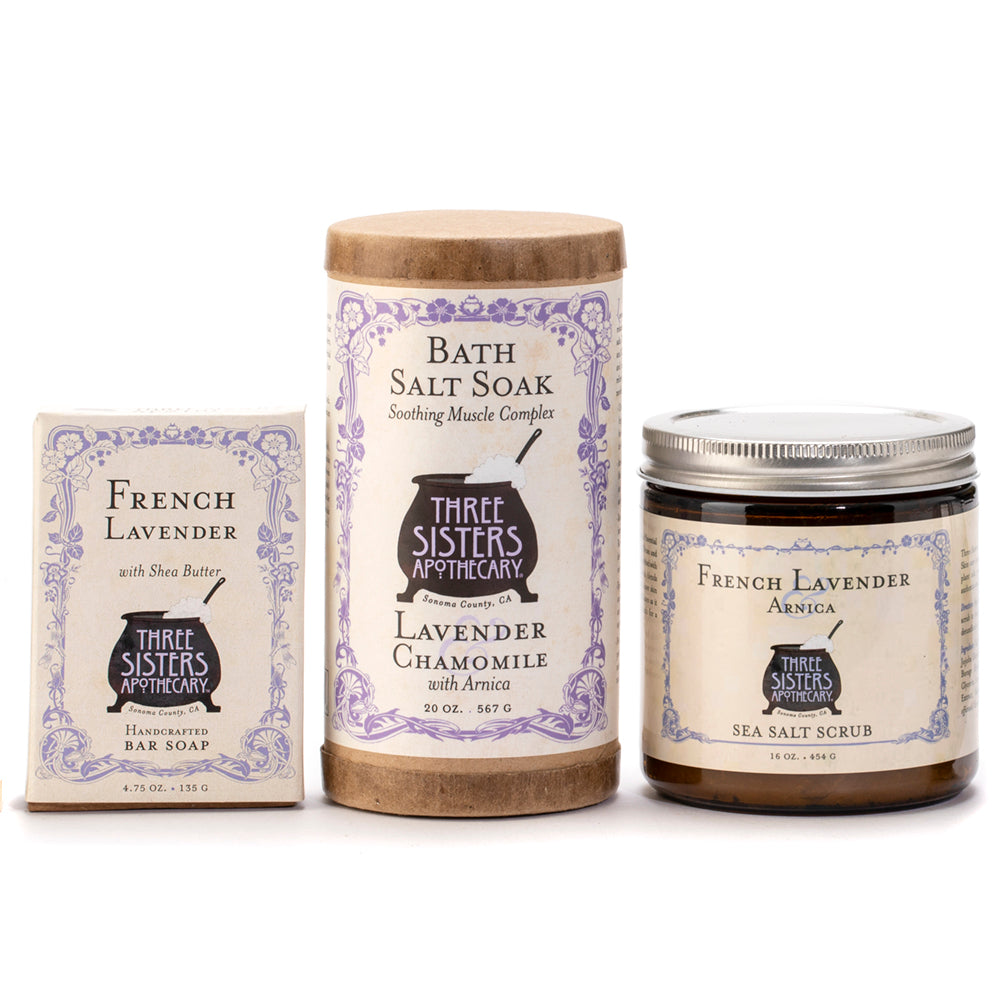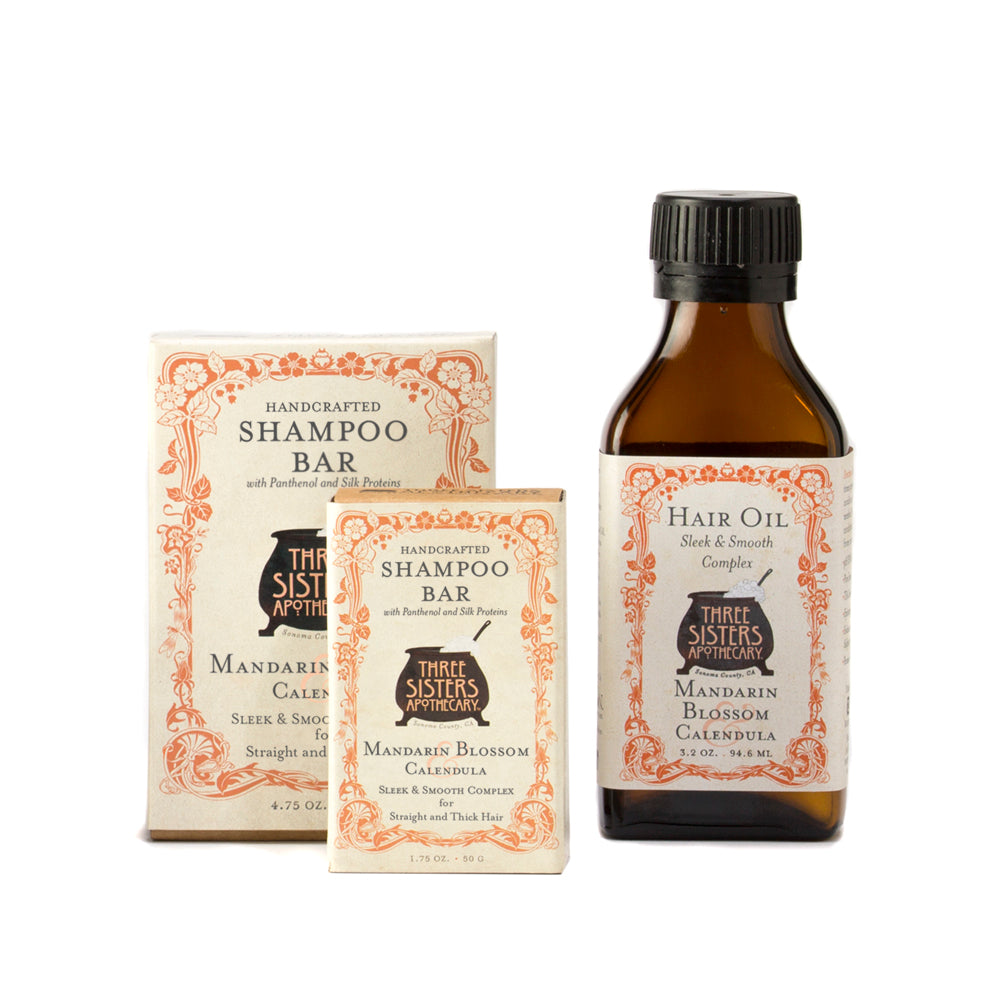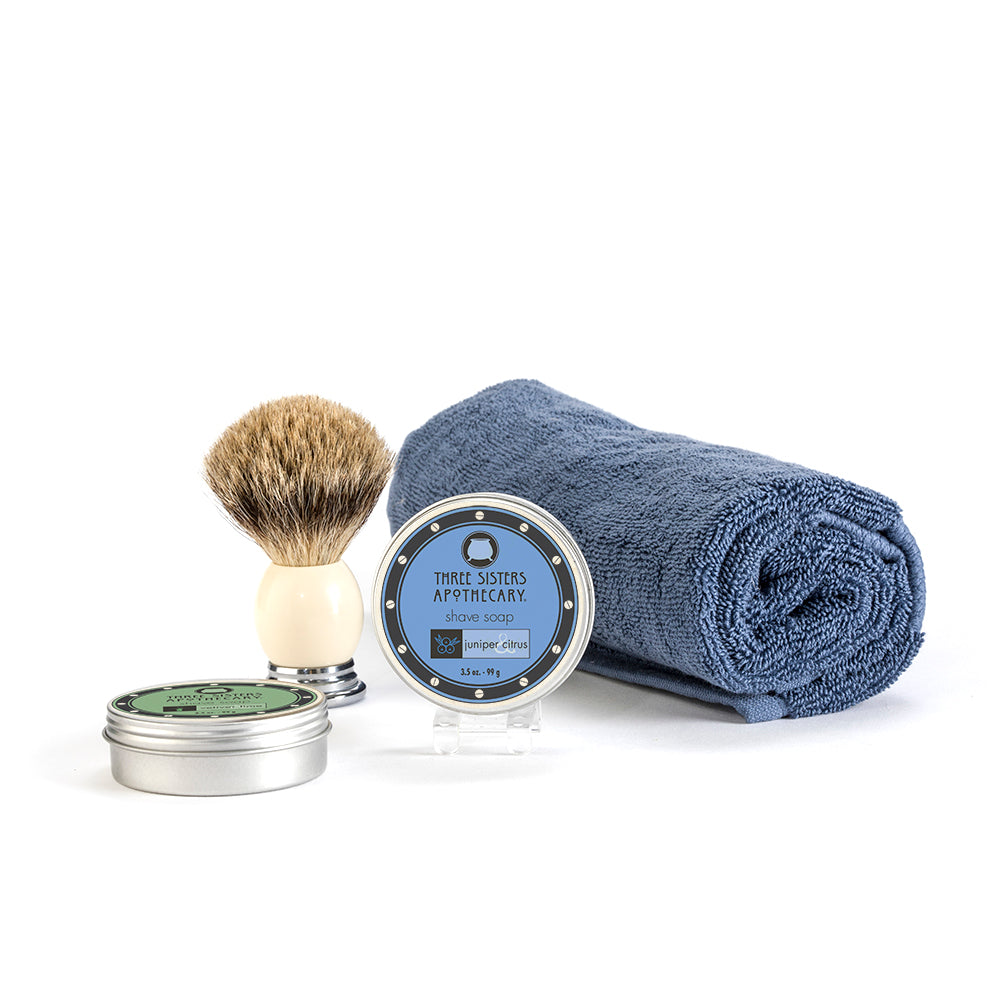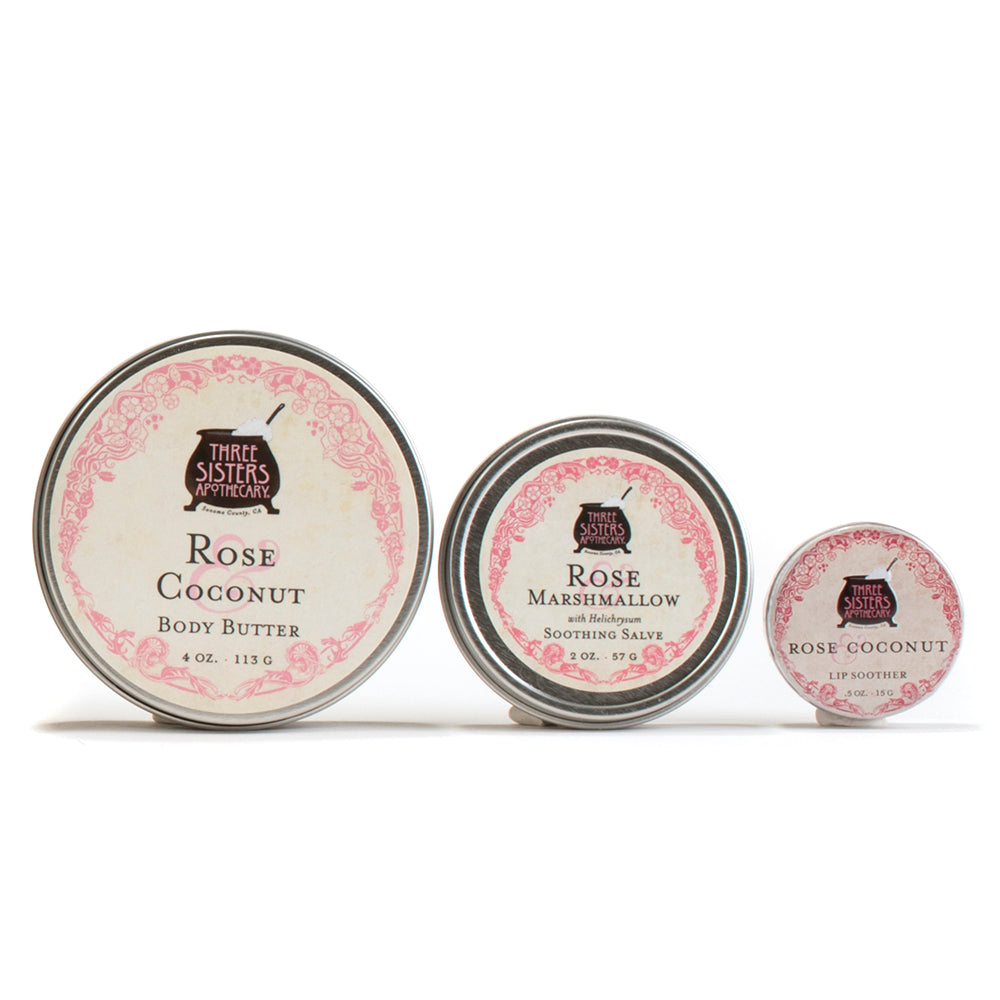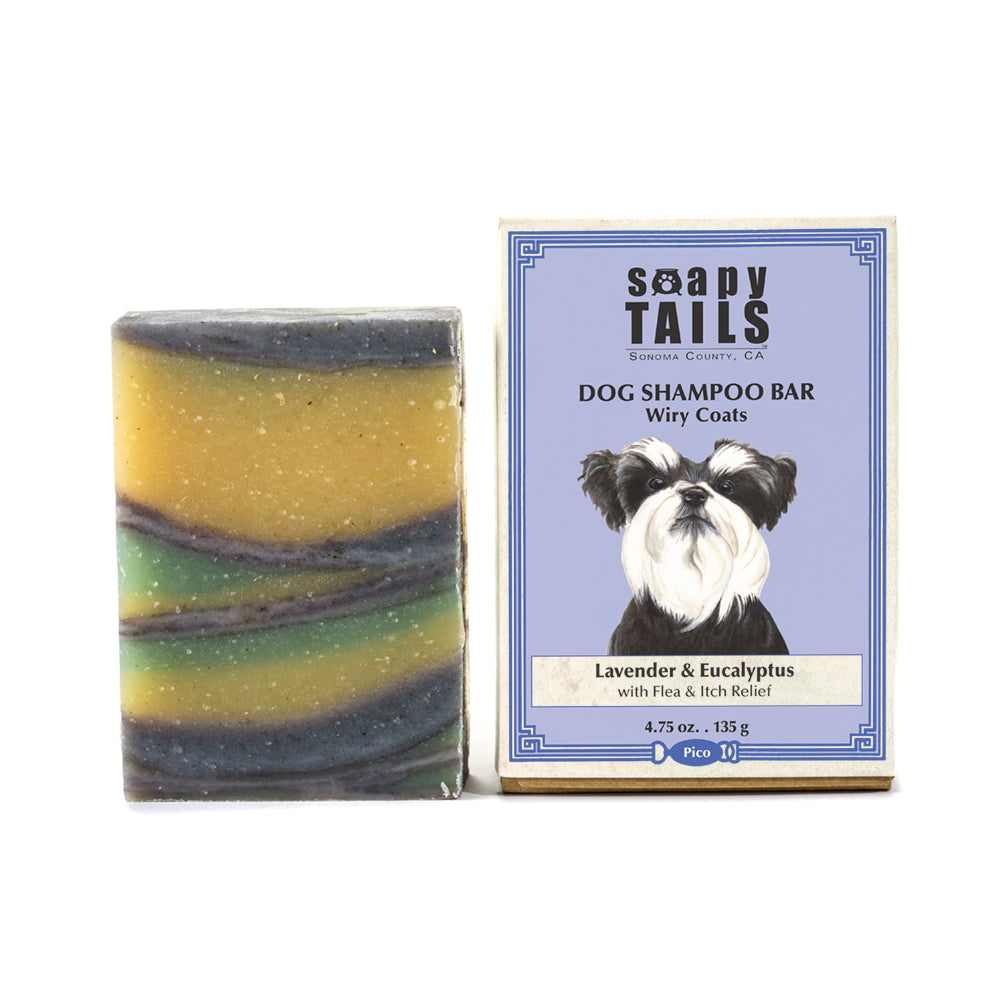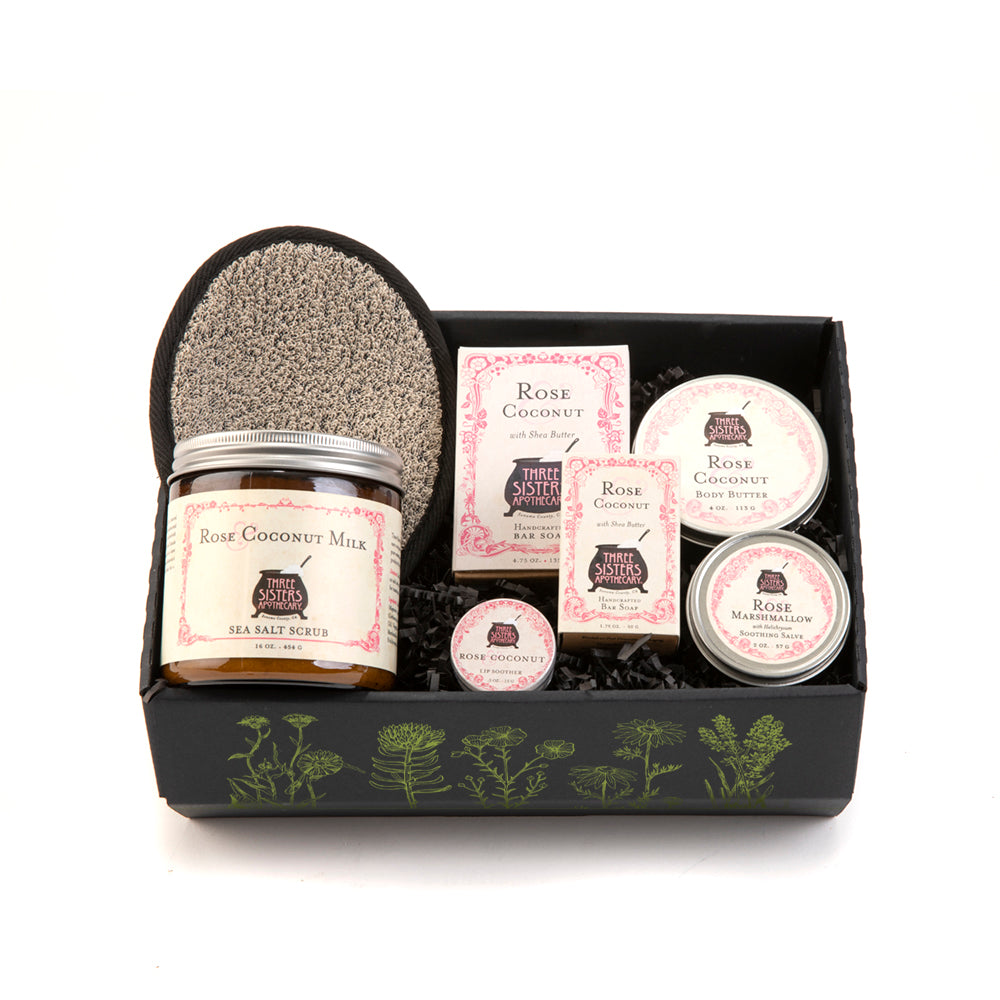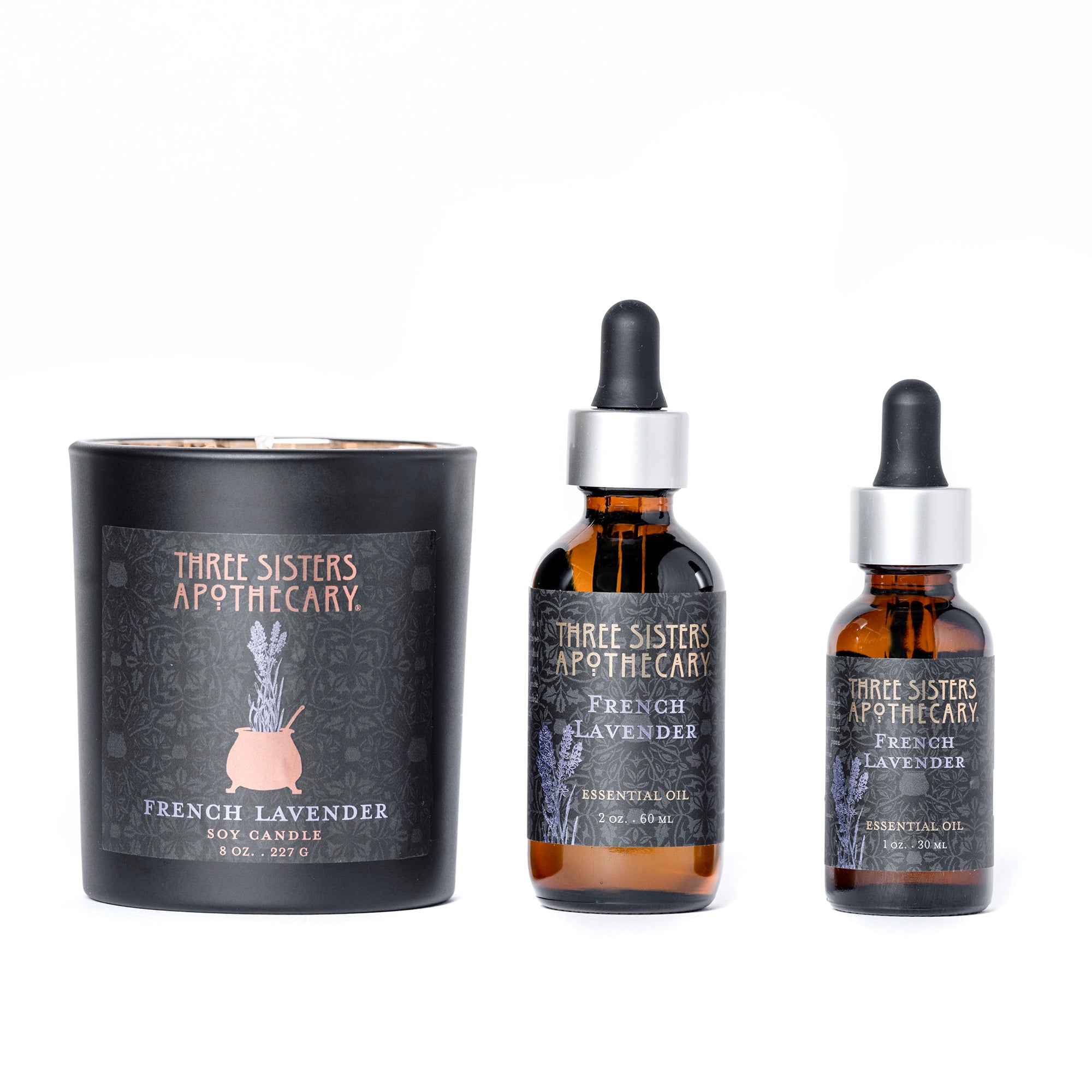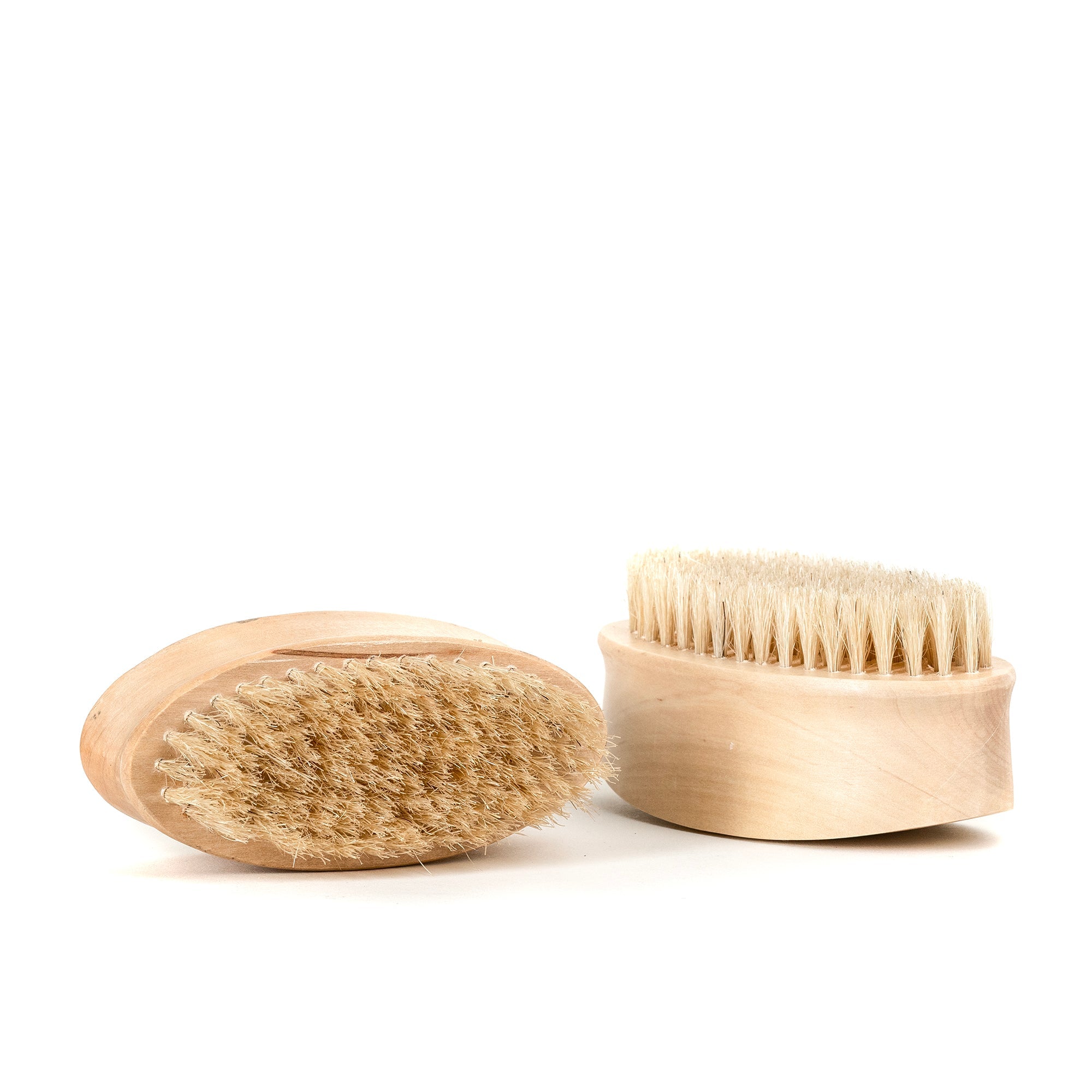Our Choice - Eco-Conscious & Cruelty Free
Leaping Bunny
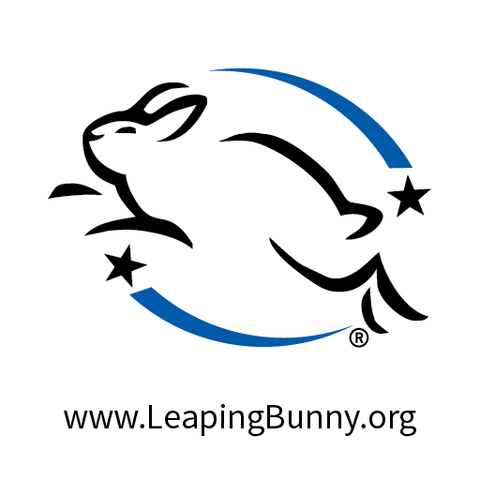 Soap Cauldron chooses to be a member of the Leaping Bunny coalition. As members, we agree to third party verification of our ingredients and suppliers to insure that no item use din our formulations has been tested on an animal or harmed an animal in any way. Certified Cruelty free by Leaping Bunny, our products proudly display the approved symbol to educate consumers.
Soap Cauldron chooses to be a member of the Leaping Bunny coalition. As members, we agree to third party verification of our ingredients and suppliers to insure that no item use din our formulations has been tested on an animal or harmed an animal in any way. Certified Cruelty free by Leaping Bunny, our products proudly display the approved symbol to educate consumers.
Reduced Carbon Footprint
We source and package our ingredients locally to minimize our ca rbon footprint. All of our packaging is 100% recyclable and is made from recycled content and solar polar.
rbon footprint. All of our packaging is 100% recyclable and is made from recycled content and solar polar.
What's Up With Palm Oil?
Palm oil is a very real concern which is why it is important as a vendor to ensure that the palm oil sourced is done so sustainably. We ensure that our vendors are sourcing humanely and sustainably in a couple of ways. First we utilize a third party certifier to provide transparency to our customers. Leapingbunny.org vetted our suppliers to make sure that no animals were either tested on or hurt in the procurement of our materials. We display them on our packaging and are listed on their website. http://leapingbunny.org/soap.php Leaping Bunny was created when "eight national animal protection groups banded together to form the Coalition for Consumer Information on Cosmetics (CCIC). The CCIC promotes a single comprehensive standard and an internationally recognized Leaping Bunny Logo. We are working with companies to help make shopping for animal-friendly products easier and more trustworthy."

Secondly, we look at sourcing very carefully. Today, it is possible to purchase sustainable palm oil if due diligence is taken. "Certified sustainable palm oil (CSPO) and palm kernel oil (CSPKO) is produced by palm oil plantations which have been independently audited and found to comply with the globally agreed environmental standards devised by the Round table on Sustainable Palm Oil (RSPO). These stringent sustainability criteria relate to social, environmental and economic good practice. The RSPO was founded in 2003 and spearheads the global drive for environmentally-friendly production of this crucial crop.
The principal objective of RSPO is “to promote the growth and use of sustainable palm oil through cooperation within the supply chain and open dialogue between its stakeholders”.
We choose to purchase off the RSPO list and to guarantee the orangutan and Sumatran Tiger habitats are not being hurt. That said, there is still a concern with palm oil and the change to sustainable is taking too long, there are a number of actions employees or customers can take to help make vendors make the switch such as this petition which we are a part of:
http://www.gopetition.com/petitions/say-yes-to-orangutan-friendly-palm-oil.html
Of equal and little known concern are ingredients pervasive in products that include palm oil as part of the ingredients, according to http://www.orangutan.org.au/palm-oil there are a number of ingredients used in most personal care products that have palm oil as one of their components. As such consumers should look carefully at labels and ask questions.
- Vegetable oil (if product contains saturated fats)
- Anything containing “stearate, stearyl”
- Anything containing the words “cetyl, cetearyl”
- Sodium Lauryl Sulphate (SLS)
- Sodium Laureth Sulphate
- Sodium Dodecyl Sulphate (SDS or NaDS)
- Calcium Stearoyl Lactylate Steareth -2
- Steareth -20 Emulsifier 422, 430-36, 465-67, 470-8, 481-483
